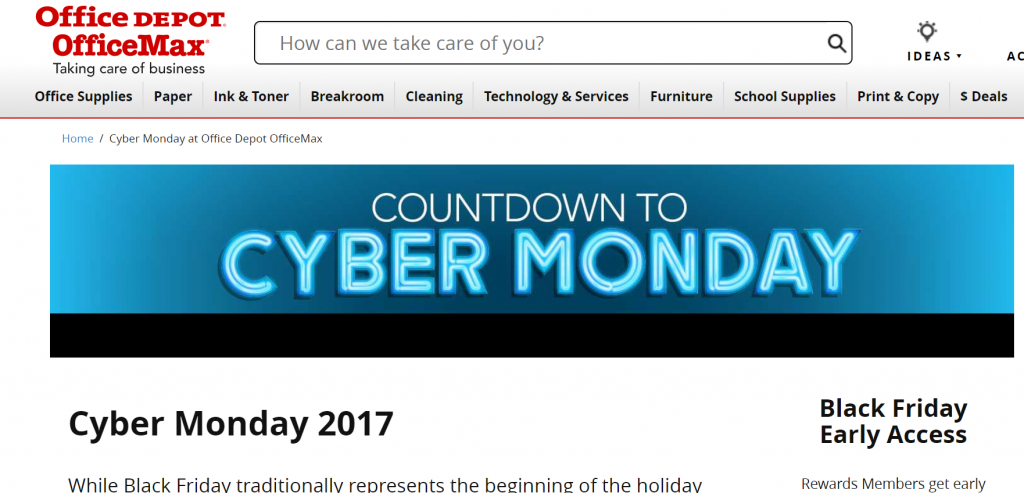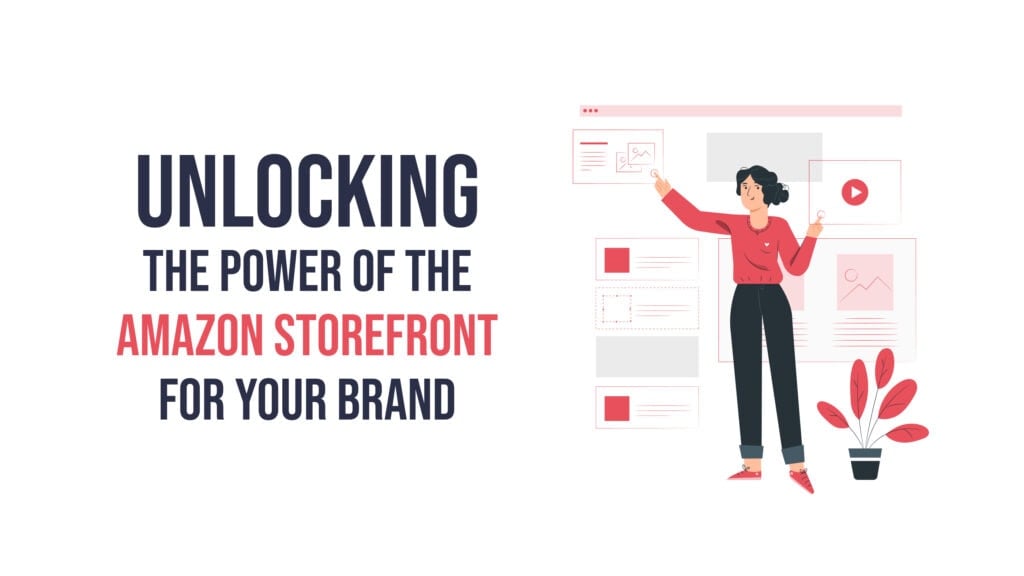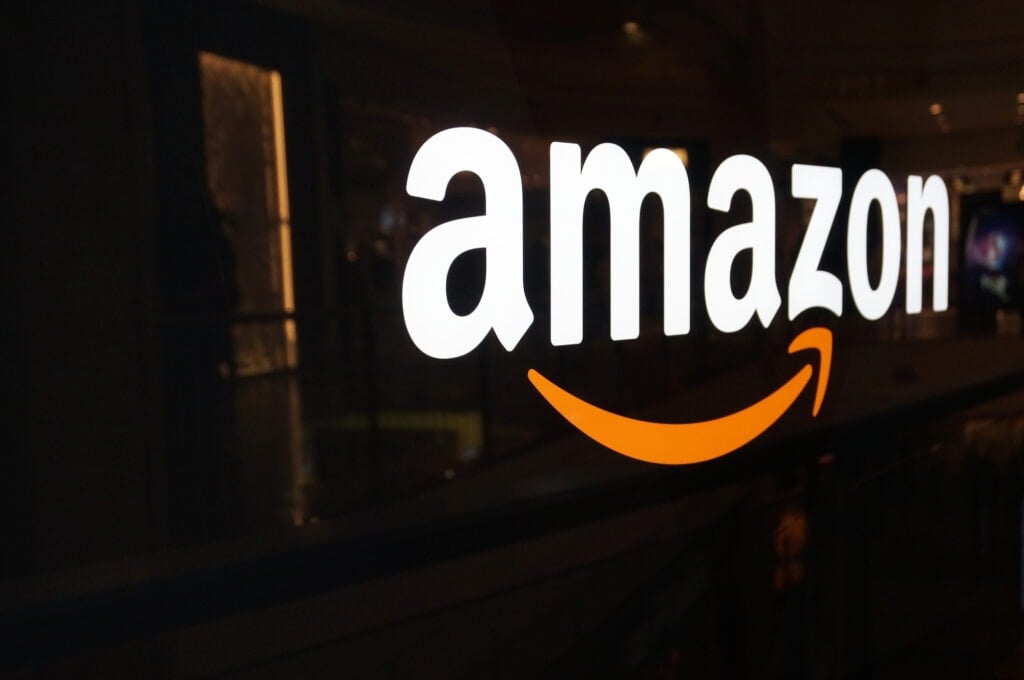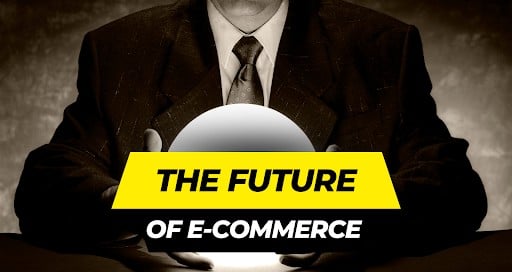Something more powerful than Black Friday will drive your sales this holiday season: Black November.
In many cases, the final weeks of a retail chain's holiday sales performance can make or break a good year in total revenue.
But the month of November is quickly becoming the replacement to the extreme savings that retailers have traditionally saved for Black Friday and Cyber Monday.
Because of this change—and the massive exodus of shoppers to online shopping—a full month of deals will entice even the most stubborn of bargain gift givers to start their shopping even sooner.
The proof is in the numbers.
>>Sales will increase this year and will continue to for years to come.
Digital marketing and commerce optimization firm Curalate argued in 2016 that Black November was on the rise. According to data obtained from the more than 850 brands they partner with (like GAP, Nordstrom, Staples, among others), Curalate was able to calculate that the 2016 holiday shopping season saw a stark increase in overall sales predating that year's Thanksgiving.
In fact, their research revealed that shoppers spent over $27 billion during the time frame November 1 to November 23.
This hefty result was up 4.3 percent from the same time period in 2015.
This year, sales are on track to meet higher numbers than past years for two reasons. First, shoppers will see the benefit of shopping online and are more likely to do so.
Second, projections from several entities are expecting the strongest holiday season for retailers, overall. Some projections suggest that total sales will exceed $1.04 trillion.
>>"Black" sales are starting earlier and earlier, every year.
U.K.-based ecommerce fulfillment consultancy James and James pointed out that the holiday sales are starting sooner, and sooner.
James and James marketing blogger Ethan Morgan pointed out in 2016 that numbers, based on data from the Volo ecommerce sales platform, suggest major increases in sales activity in the days leading up to Thanksgiving (just as Curalate concluded). Further, Morgan cited the kickoff of major sales initiatives as a key component to this increase in sales.
"Clearly, the run-up to Black Friday saw a period of increased activity – perhaps having analyzed 2015 and seen a reduction in spend anticipating deals on the day, retailers came up with strategies to engage customers well in advance of the [Nov] 25th," Morgan wrote.
He isn't wrong. Companies are working overtime to find strategies that engage customers far in advance of what is the "traditional" holiday shopping season.

Already this year, Office Depot started to circulate a "Countdown To Cyber Monday" initiative on their online storefront (see above). The promotion features deals on computers and other consumer electronics at steeply discounted prices.
>>If Amazon does it, the rest of the industry does it.
Blame Amazon for the Black November "madness." The ecommerce retail giant redefined what it means to Black Friday shop over years by gradually initiating major sales on their online outlets even sooner.
Major savings on Amazon-branded tech products have also begun to appear with several price decreases that will lead directly into a period of even greater savings the week of Black Friday.
Since this has been happening for years now, retailers are compensating by holding month-long events. They're doing everything they can to anticipate a high-dollar season.

For example, Kohl's was the victim of a "leak" that brought to light the full lines retailer's juiciest deals. Forbes documented that the Kohl's leak revealed a look at sales like $199 for a Play Station 4 or $189 for an Xbox One S (see above).
>>And more consumers are moving away from last-minute shopping.
The majority of consumers are likely to avoid last minute shopping and opt for purchasing their treasures earlier in the season, according to survey data gathered by consumer shopping trends researcher NDP Group.
An analyst for NDP Group, Marshal Cohen, remarked to CNBC that, "the consumer that used to wait until after Thanksgiving weekend now shops during it," and that "the last-minute shoppers have moved their timing up."
This means that 30 percent of American consumers plan to start their shopping in November.
The survey has also accounted for this change due to how online retailers will perform to their brick-and-mortar counterparts. Consequently, this means that two in every three consumers will complete a portion of their shopping through digital channels.
Sales in all components of the retail industry are expected to see across-the-board growth in a highly anticipated 2017 holiday sales season.
What do you think overall retail sales will be like this holiday season? Tell us in the comments below!
MORE BRAND SUCCESS STORIES ON CAPITALISM.COM:
• How to Form Successful Business Partnerships
• How a Tiny Toothpaste Company Grew to a $100 Million Brand
• How the Ultra Wealthy Invest for Upside By Minimizing Risk











